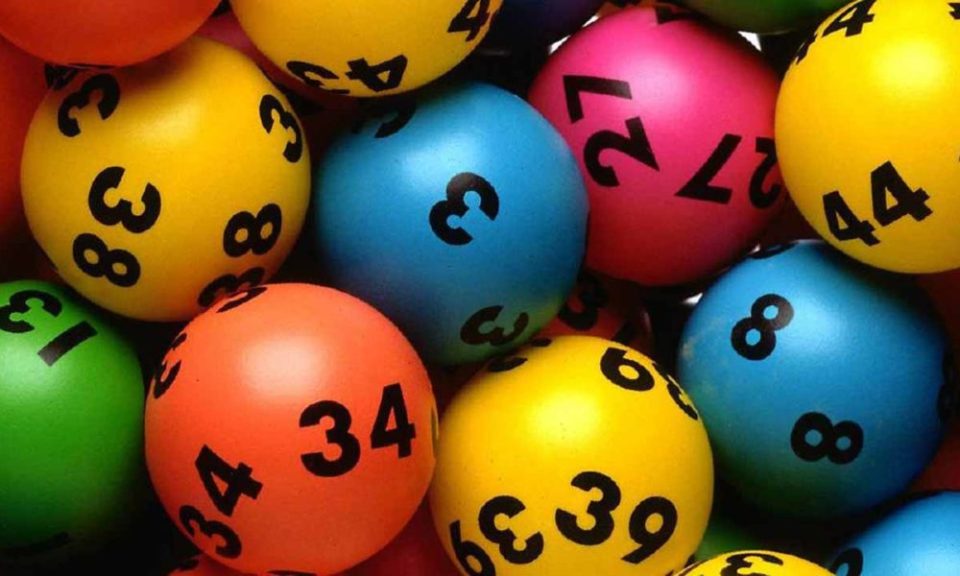Lottery betting odds represent mathematical probabilities that determine potential payouts and winning chances across different number combinations and bet types. These odds calculations form the foundation of every wager, influencing both the excitement and financial outcomes that players experience. หวยออนไลน์ utilise complex algorithms to calculate precise odds for various betting options, from straight number picks to combination bets and system entries.
Mathematical foundations
Probability calculations in lottery betting stem from combinatorial mathematics, where the number of possible outcomes determines the odds for any specific result. A standard lottery draw with six numbers chosen from a pool of 49 creates over 13 million possible combinations, meaning each combination has approximately 1 in 13,983,816 odds of occurring. These astronomical numbers explain why jackpot prizes can grow enormously before someone wins. The mathematical principle of independent events means that previous draw results do not influence future outcomes, despite many players believing in “hot” or “cold” numbers. Each draw represents a fresh start with identical odds, regardless of recent patterns or number frequencies. This independence principle forms the cornerstone of fair lottery systems and ensures that sophisticated mathematical strategies cannot overcome the fundamental odds structure built into each game format.
House edge calculations
- Standard lottery betting typically carries house edges between 40% and 60%, meaning the operator retains that percentage of all wagers
- Side bets and special features often have higher house edges, sometimes exceeding 70% of total stakes
- Jackpot contributions reduce the effective house edge since portions of current bets fund future prize pools
- Progressive systems where unclaimed prizes roll over create temporarily improved odds for subsequent draws
- Syndicate betting can improve individual odds by purchasing multiple combinations while sharing costs among participants
Betting variations
Different betting types offer varying odds and payout structures that appeal to players with different risk tolerances and prize preferences. Straight bets require matching exact numbers in precise order and offer the longest odds but the highest potential payouts. Box bets allow numbers to be drawn in any order, improving winning odds while reducing prize amounts proportionally to the increased chances of success. System betting enables players to select more numbers than required and automatically generates all possible combinations within that selection. While system bets increase the likelihood of winning something, they also multiply the cost by the number of combinations generated. Combination bets blend multiple betting types within single transactions, creating complex probability calculations that require careful analysis to evaluate their actual expected value.
External factors affecting odds
Participation levels significantly impact the practical value of lottery betting, as higher participation increases competition for shared prizes while potentially growing jackpot sizes faster. Popular number combinations like birthdays or sequential patterns get chosen by many players, meaning wins must be shared among more people. Conversely, selecting less popular number combinations improves the likelihood of avoiding shared prizes if those numbers win. Seasonal patterns and special events often influence participation rates and prize structures, creating temporary changes in the practical odds-to-value ratio for different betting options. Major holidays, milestone jackpots, and promotional events can dramatically alter the competition level and available prize amounts, making timing an essential consideration for serious lottery participants.

